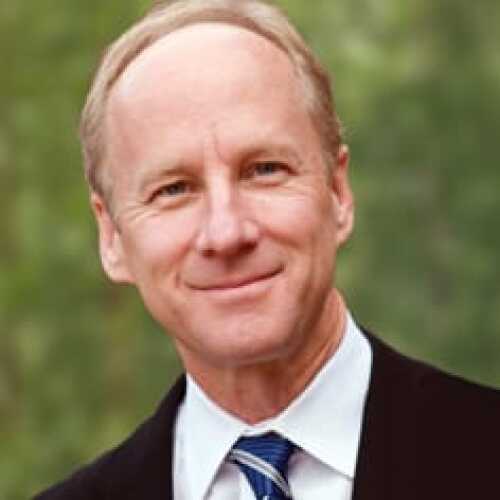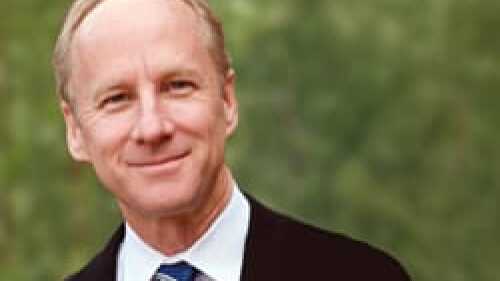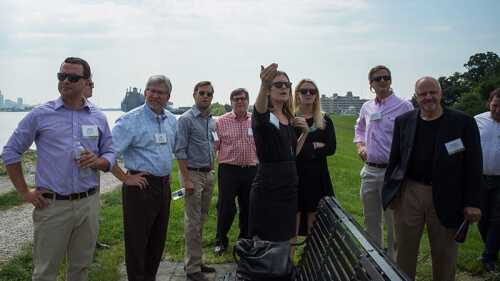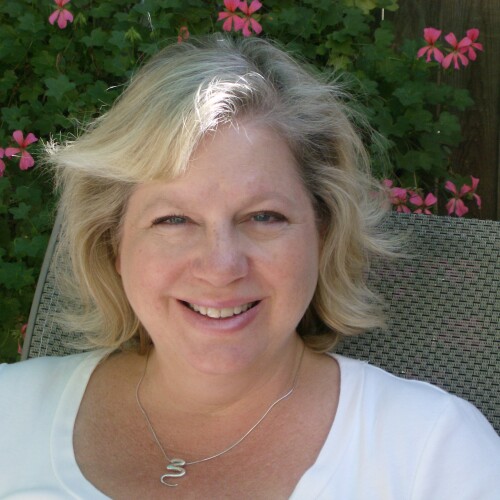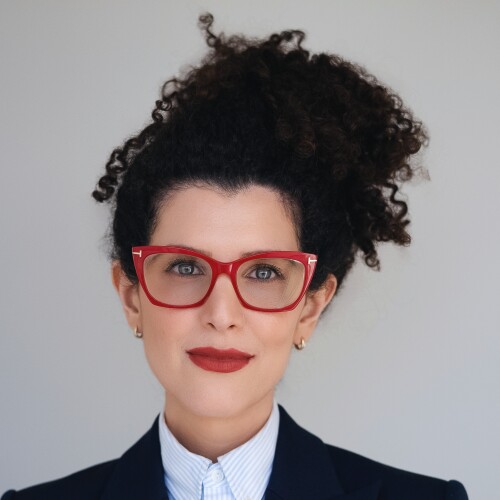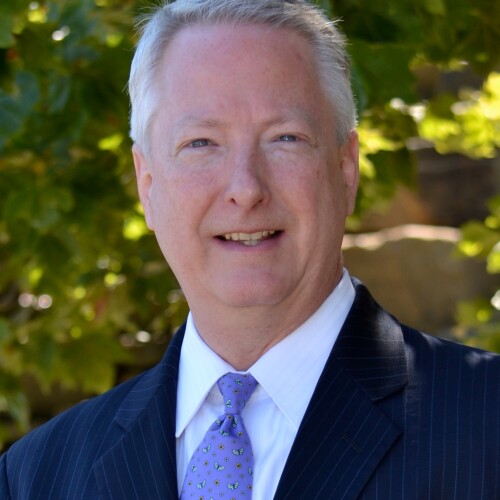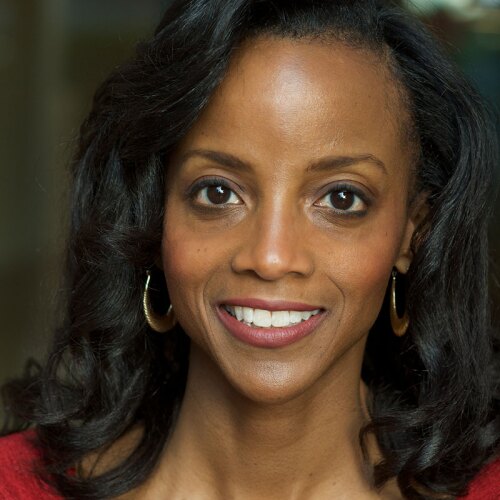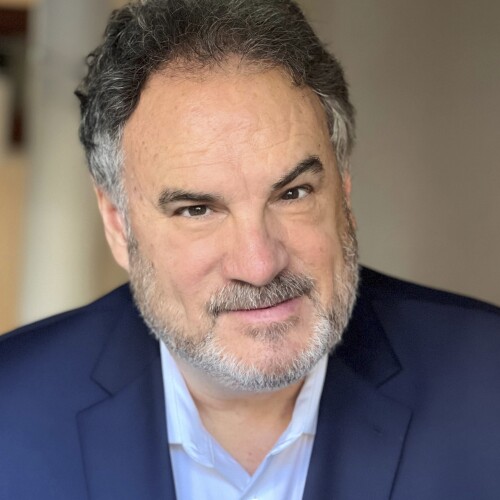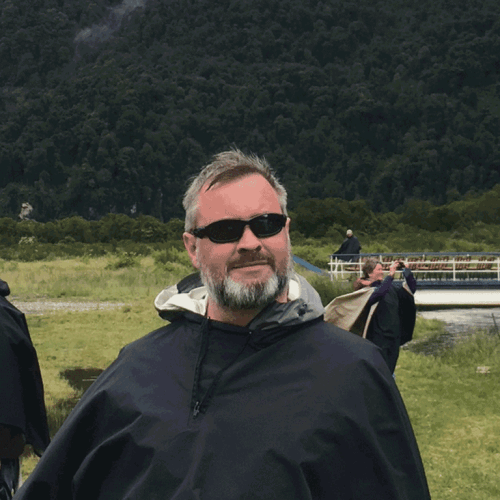From 2009 to early 2018, Patrick L. Phillips served as the Global Chief Executive Officer of the Urban Land Institute (ULI). ULI, which currently has more than 200 employees and a budget of nearly $75 million, is headquartered in Washington, D.C., and has offices throughout the world. As Global CEO, Phillips worked with ULI’s member leaders to lead all aspects of ULI’s strategy, mission delivery, resource allocation, and fiscal performance. Phillips, a longtime member of ULI, has had a career in the economic analysis of real estate and land use that spans more than 30 years. Prior to taking the position as the top staff executive at ULI, he was President and Chief Executive Officer of ERA AECOM (formerly Economics Research Associates). In that role, he coordinated all aspects of ERA’s organization, strategy, business development, and service delivery. His own consulting practice focused specifically on the intersection of private investment and public policy. To further expand ERA’s reach and impact, Phillips guided the successful sale of the company in 2007 to AECOM, a globally renowned provider of professional technical and management support services to a broad range of industries, including land use, transportation, environmental and energy. His work at ERA AECOM focused on development strategy, development economics and feasibility analysis, and transaction-related services for real estate investors and developers, public agencies, financial institutions, universities, and non-profit organizations. This involved all major categories of urban land use, with an emphasis on the market, economic, and financial aspects of a new generation of downtown and suburban mixed-use projects. Under Phillip’s direction, ERA provided consulting services for such notable development projects as Mockingbird Station in Dallas, Atlantic Station in Atlanta, and the repositioning of Kansas City’s Country Club Plaza; as well as public planning projects for the Hudson Yards in New York City and Houston’s Buffalo Bayou. Phillips has often advised public agencies and non-profit organizations on issues related to public-private partnerships for economic development. He is a frequent speaker on urban development issues, and is the author or co-author of eight books and numerous articles. In 2005, Phillips led a nationally prominent economic development team as part of the ULI advisory services panel making recommendations on post-Katrina rebuilding efforts in New Orleans. Patrick teaches at Harvard’s Graduate School of Design Executive Education Program and at the Carey Business School of Johns Hopkins University. His academic training includes a graduate degree in public management and finance from Syracuse University’s Maxwell School of Citizenship and Public Affairs.
